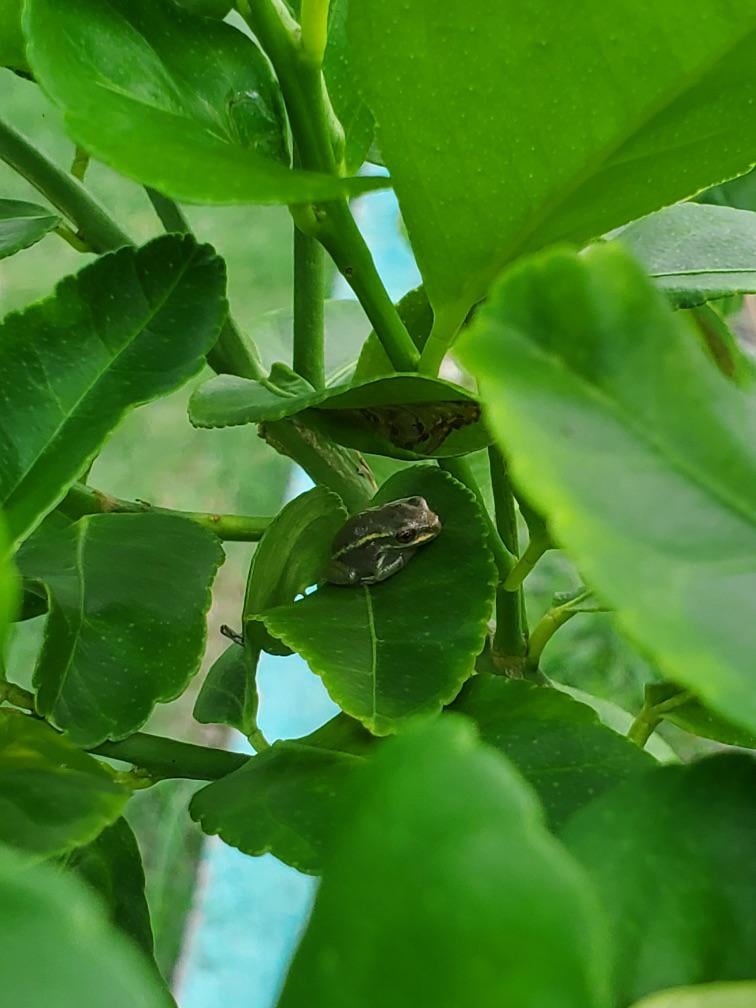[ad_1]

Lemon frogs, also known as golden mantella frogs, are small, brightly colored amphibians native to Madagascar. These frogs are known for their vibrant yellow-orange skin with black markings, resembling the appearance of a lemon. They are usually around 1 inch in length and have a distinctive call that sounds like a high-pitched whistle.
Lemon frogs are classified as endangered species due to habitat loss, pollution, and over-collection for the pet trade. Conservation efforts are being made to protect these frogs and their natural habitat.
These frogs primarily live in moist, tropical forests near streams or wetlands, where they feed on insects and other small invertebrates. They are diurnal creatures, meaning they are most active during the day.
Breeding in lemon frogs typically occurs during the rainy season when the females lay eggs in the water. The males will then fertilize the eggs externally, and the tadpoles will develop into froglets within a few weeks. These frogs have a relatively short lifespan, living about 5 to 8 years in the wild.
Overall, lemon frogs are unique and beautiful creatures facing the threat of extinction. Efforts to conserve and protect these frogs and their habitats are crucial in ensuring their survival for future generations.
